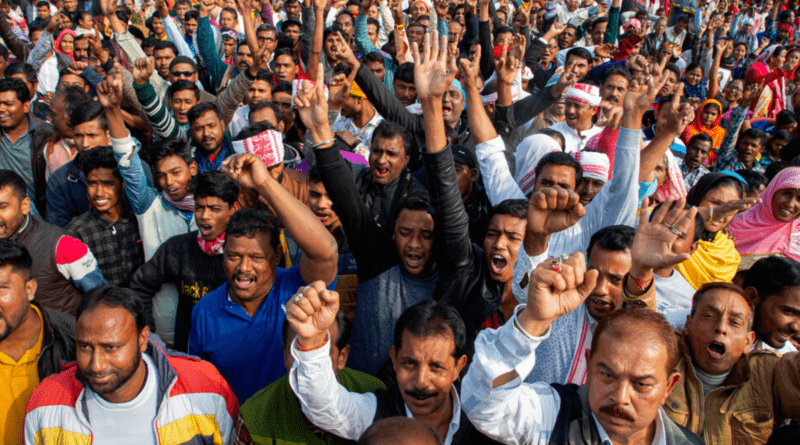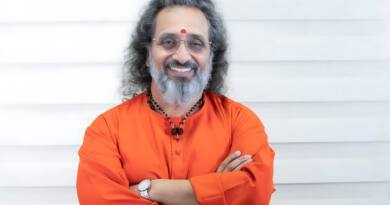The Wondrous India’s New Citizenship Law Explained
On December 11, 2019, the Citizenship Amendment Bill (CAB) was approved by 125 votes to 105 in the upper house of parliament, where the BJP does not hold a majority. Two days ago, it had cleared the lower house.
The 64-year-old Indian Citizenship Act, which presently forbids illegal immigrants from obtaining Indian citizenship, was modified by the CAB.
Foreigners who enter India without a valid passport or travel documentation or who stay longer than allowed are considered illegal immigrants, according to this definition. Illegal immigrants may face jail time or deportation.
A clause that states that a person cannot seek citizenship unless they have worked for the federal government for at least 11 years or have resided in India was also altered by the new bill.
Members of the following six religious minority groups will now be exempt: Christians, Sikhs, Buddhists, Jainites, Parsis, and Hindus, provided they can provide documentation proving they are native to Bangladesh, Pakistan, or Afghanistan. To be eligible for citizenship by naturalisation—the process by which a non-citizen obtains the citizenship or nationality of that nation—they need to reside or work in India for six years.
It further stated that those in possession of Overseas Citizens of India (OCI) cards, which allow foreign nationals of Indian descent to reside and work in India permanently, risk having their status revoked if they break both serious and insignificant local laws.
What is the bill’s background?
In July 2016, the legislature was initially presented with the Citizen Amendment Bill.
Following violent anti-immigrant rallies in northeastern India, the legislation passed the lower house of parliament, where the BJP holds a sizable majority. In August, two million people in the state of Assam were left off the citizens’ register, prompting very loud protests there. Bangladeshi illegal migration has long been a source of concern for the state.
Though they are not the same, the CAB and the register are said to be connected.
A list of citizens who can demonstrate they arrived in the state by March 24, 1971—one day before nearby Bangladesh gained its independence—is called the National Register of Citizens (NRC).
The BJP had backed the NRC in the days leading up to its release, but it reversed course a few days later, claiming the final list was riddled with mistakes.
The reason for that was that many Bengali Hindus, who make up a sizable portion of the BJP’s voter base, were omitted from the list and might end up as undocumented immigrants.
How does the bill relate to the citizens’ register?
The two are closely related since non-Muslims who are not included in the register and who run the risk of being deported or interned will be better protected by the Citizenship Amendment Bill.
This implies that tens of thousands of Hindu Bengali migrants who were not part of the NRC can still obtain citizenship and remain in the state of Assam.
Later, in an effort to guarantee that “each and every infiltrator is identified and expelled from India” by 2024, Home Minister Amit Shah suggested creating a national registry of citizens.




